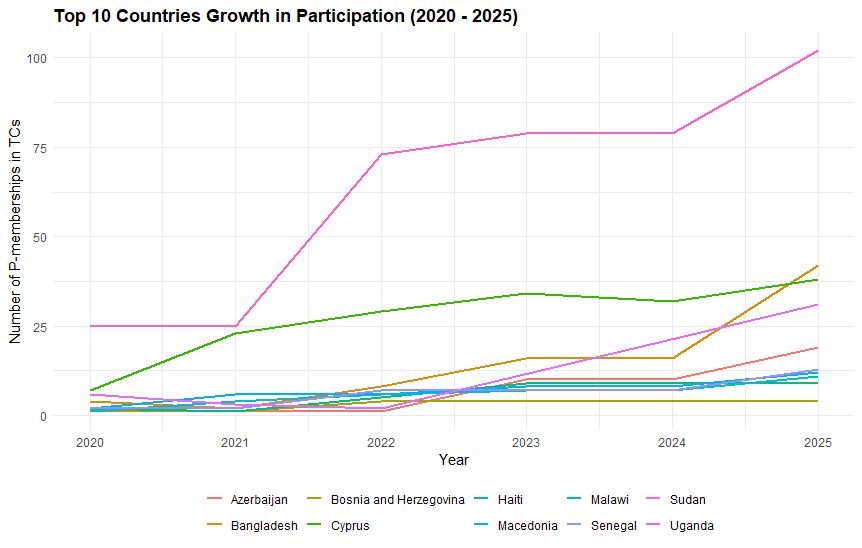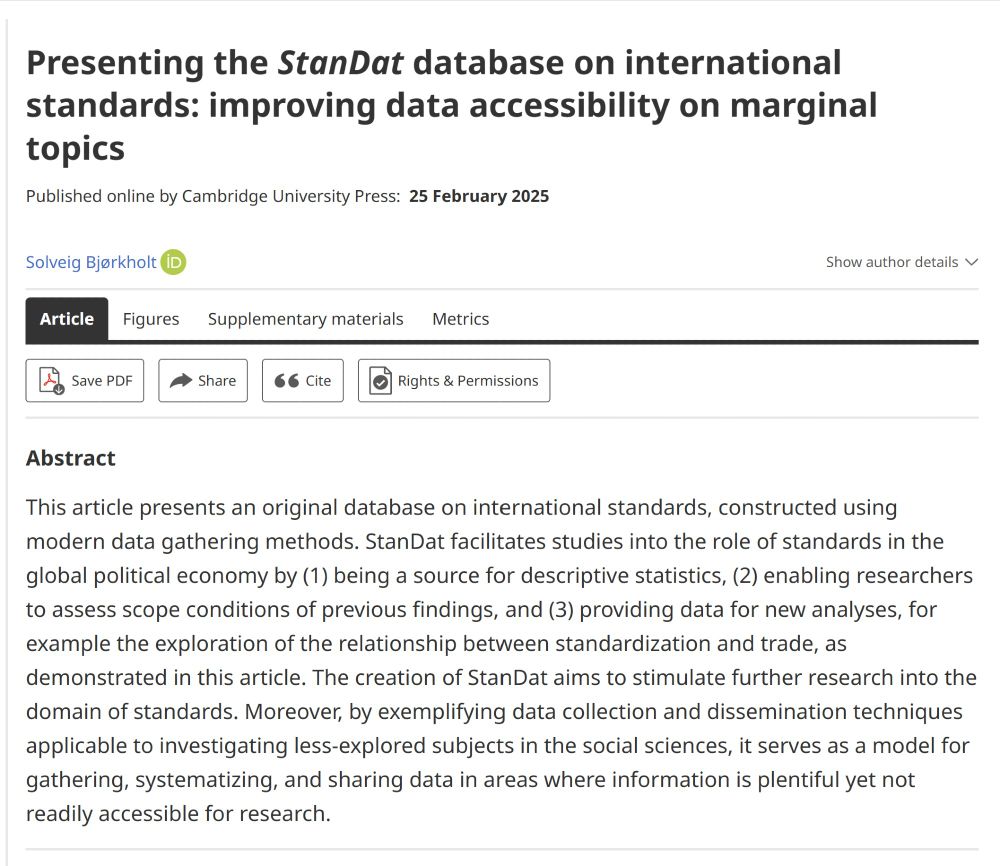Solveig Bjørkholt
@sunny369.bsky.social
100 followers
91 following
10 posts
Political Scientist with a focus on the politics of technology, depoliticization, private governance and standardization.
Posts
Media
Videos
Starter Packs
Reposted by Solveig Bjørkholt
Reposted by Solveig Bjørkholt
Reposted by Solveig Bjørkholt
Jonas W. Schmid
@jonaswschmid.bsky.social
· Apr 20

Electoral autocracies, hybrid regimes, and multiparty autocracies: same, same but different?
There is a wide range of labels, such as electoral autocracy, hybrid regimes, or multiparty autocracy, and corresponding empirical measures to describe and measure political regimes that combine au...
tinyurl.com
Solveig Bjørkholt
@sunny369.bsky.social
· Feb 25
Solveig Bjørkholt
@sunny369.bsky.social
· Feb 25
Solveig Bjørkholt
@sunny369.bsky.social
· Feb 25
Reposted by Solveig Bjørkholt
Martin Søyland
@martigso.bsky.social
· Aug 13

The drama is in the ink:Conflict in written parliamentary questions
Opposition is a core component of any democracy, yet it is scarcely studied. Leaning on research prescribing blurred lines between government and opposition in parliamentary democracies, we use word ....
onlinelibrary.wiley.com
Reposted by Solveig Bjørkholt






